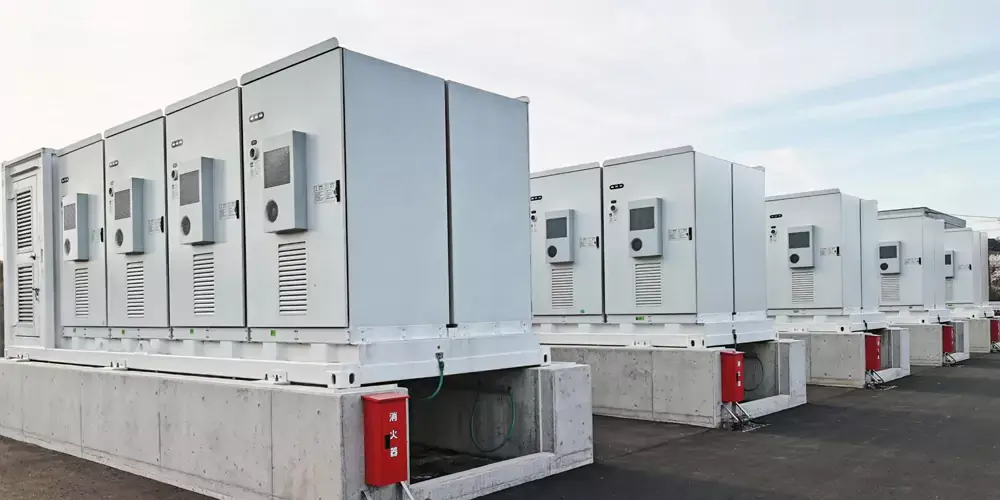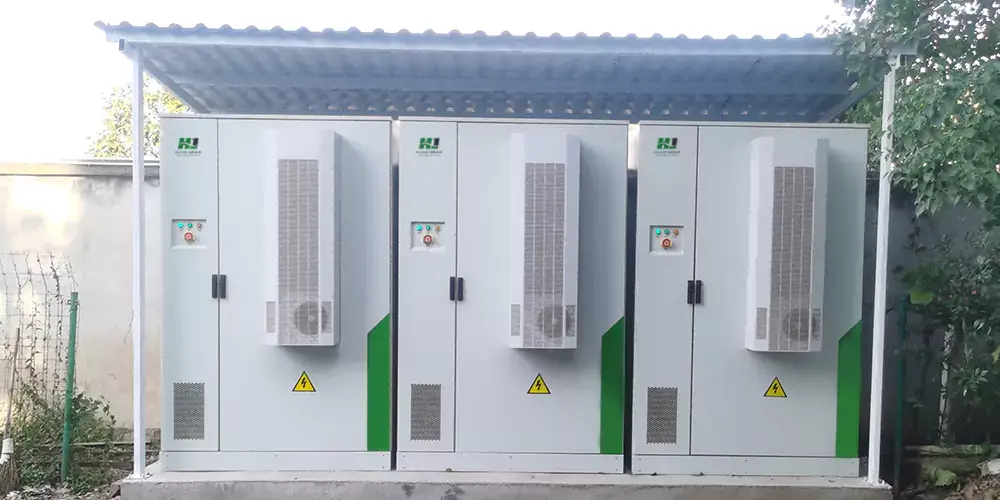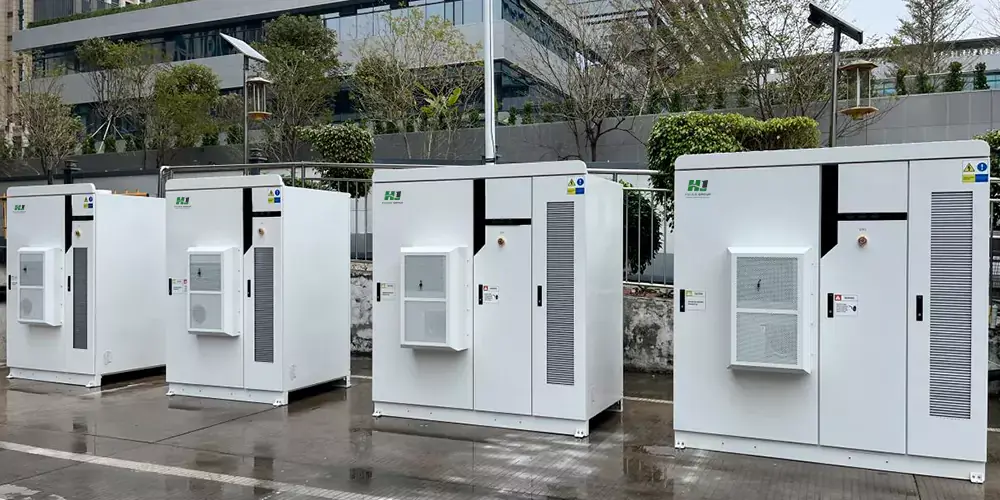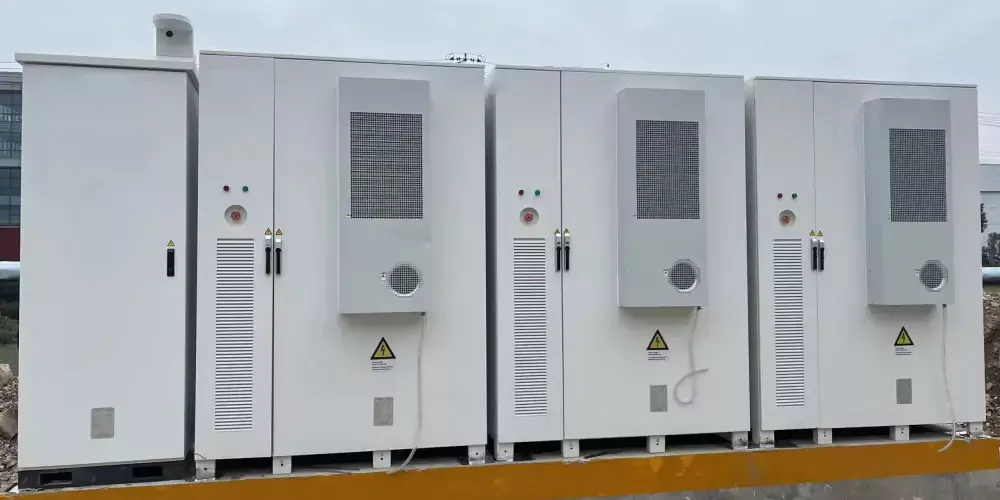The Art of Bending: How Flexible Solar Panels are Shaping New Design Trends
As the world increasingly embraces renewable energy, bendable solar panels are emerging as a transformative technology in the solar market. Their unique properties are not only revolutionizing energy generation but also influencing design trends across various industries, from architecture to automotive. Let’s explore how these innovative solutions are shaping the future.
What are Flexible Solar Panels?
Flexible solar panels are lightweight and made of a thin film that can bend and adhere to surfaces of various shapes. Unlike traditional solar panels that are hard, large, and heavy, this flexible solar panel can be easily installed in many places without damaging its appearance or affecting its use.
Key Benefits of Bendable Solar Technology
Versatility in Application
The adaptability of bendable solar panels makes them suitable for a wide range of uses. From rooftops to vehicles, their ability to fit irregular surfaces opens new possibilities for solar energy integration. For instance, flexible RV solar panels can be installed seamlessly on recreational vehicles, enhancing energy efficiency on the go.
Lightweight and Space-Saving
One of the standout features of flexible solar panels is their lightweight design. This characteristic makes installation easier and reduces structural load, which is particularly beneficial in applications like portable power systems or rooftop installations on older buildings.
Enhanced Aesthetics
As aesthetics become increasingly important in modern design, the sleek appearance of bendable solar panels allows them to blend effortlessly into architectural designs. This is especially relevant in commercial buildings where visual appeal can impact customer perception and brand identity.
Improved Energy Harvesting
The ability to mount flexible solar panels on unconventional surfaces means they can capture sunlight in places traditional panels cannot. This enhances energy harvesting potential, especially in urban environments where space is limited.
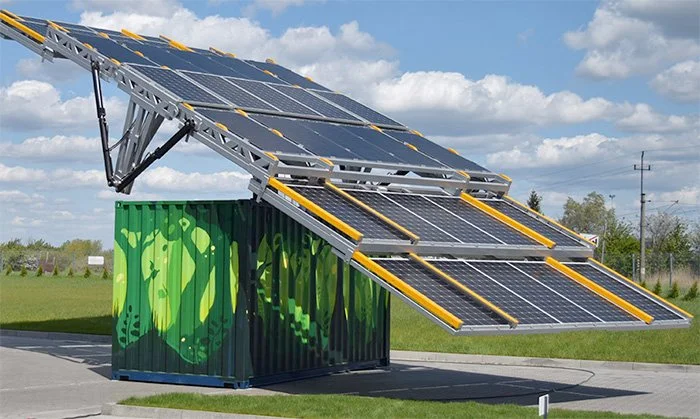
Applications Transforming Design Trends
Architectural Innovations
Architects now like to install flexible solar panels on the exterior walls of buildings, so that they can generate electricity on their own while looking beautiful. This approach not only saves electricity costs, but also puts these buildings at the forefront of environmentally friendly construction.
Automotive Advancements
The automotive industry is witnessing a shift with the introduction of flexible RV solar panels and other solar-integrated vehicles. These panels can be installed on cars and campers to provide additional electricity to the onboard equipment, making travel more environmentally friendly.
Consumer Products
Beyond larger applications, flexible solar panels are being used in consumer products, such as solar backpacks and chargers. This integration allows users to harness solar energy for everyday devices, promoting a lifestyle centered around sustainability.
Future Trends in Flexible Solar Technology
With the advancement of technology, the future of bendable solar panels looks very promising. New materials, such as organic photovoltaics and efficiency enhancing technologies, may make them more powerful and applicable in more places. At the same time, the improvement of production technology may also reduce costs, making this flexible solar product easier to purchase.Conclusion
The rise of flexible solar panels represents a significant shift in how we think about energy generation and design. Their versatility, aesthetic appeal, and efficiency are not only reshaping architectural and automotive landscapes but also promoting sustainable practices across industries. As we continue to innovate and integrate these technologies, bendable solar panels will play a pivotal role in building a greener future.
Contact us
- Email:[email protected]
- Tel: +86 13651638099
- Address: 333 Fengcun Road, Fengxian District, Shanghai
Get A Quote Now!


